Our master's curricula offer distinct pathways for students in our three programs of study. Instruction in Journalism and Strategic Communication will help jumpstart a professional career or deepen the skillset and network for a student entering the program with prior professional experience. The Theory and Research pathway prepares students for doctoral study and research careers. J.D./M.A. students complete this program of study while concurrently earning a degree from the UNC School of Law.
Programs of Study
Journalism | Strategic Communication | Theory and Research
Journalism
Our new curriculum launching in 2023 will allow aspiring and early-career journalists to—in just 12 months—complete an intensive dive into learning the specialized skills of their craft. Students will complete 30 credit hours during the one-year program. They will start with a bootcamp course in late summer before the fall semester and conclude with a final project in the summer following the spring semester. Each journalism student will pursue one of three specializations:
- Interactive design journalism focuses on developing interactive stories, producing content and coding for dynamic web projects.
- Public life reporting focuses on the development of investigative reporting expertise, allowing students to produce stories about education, health care, housing, immigration, labor, law enforcement and racial/ethnic discrimination, among other issues.
- Video journalism teaches students how to acquire audio, photo and video content; structure stories; and produce short and long-form documentary films.
Summer Session II
- MEJO 780: Fundamentals of Visual Journalism
Fall
- MEJO 741: Law, Ethics and Contemporary Issues
- MEJO 487: Intermediate Interactive Media
- MEJO 751: Journalism Methods
- MEJO 756: Investigative and Data-driven Reporting
Spring
- MEJO 581: User Experience Design and Usability
- MEJO 583: Advanced Interactive Media
- Elective (numbered 400-900)
- Elective (numbered 400-900)
Summer Session I
Capstone project: Each student will complete a comprehensive journalism project with coaching and advising by a panel of journalism faculty. The project will stem from a pitch the student develops during the spring semester.
Students will also complete an oral comprehensive exam during the capstone defense.
For course descriptions, please visit the UNC-Chapel Hill course catalog. For Hussman course syllabi, please visit the Park Library’s syllabus archive.
Summer Session II
- MEJO 750: Fundamentals of Reporting
Fall
- MEJO 741: Law, Ethics and Contemporary Issues
- MEJO 751: Journalism Methods
- MEJO 756: Investigative and Data-driven Reporting
- MEJO 758: Public Life Reporting I
Spring
- MEJO 754: Advanced Reporting
- MEJO 755: Narrative Writing
- MEJO 759: Public Life Reporting II
- Elective (numbered 400-900)
Summer Session I
Capstone project: Each student will complete a comprehensive journalism project with coaching and advising by a panel of journalism faculty. The project will stem from a pitch the student develops during the spring semester.
Students will also complete an oral comprehensive exam during the capstone defense.
For course descriptions, please visit the UNC-Chapel Hill course catalog. For Hussman course syllabi, please visit the Park Library’s syllabus archive.
Summer Session II
- MEJO 780: Fundamentals of Visual Journalism
Fall
- MEJO 741: Law, Ethics and Contemporary Issues
- MEJO 582: Advanced Documentary Video Storytelling
- MEJO 751: Journalism Methods
- Elective (numbered 400-900)
Spring
- MEJO 500: Freelance Fundamentals
- MEJO 681: Documentary Projects
- Elective (numbered 400-900)
- Elective (numbered 400-900)
Summer Session I
Capstone project: Each student will complete a comprehensive journalism project with coaching and advising by a panel of journalism faculty. The project will stem from a pitch the student develops during the spring semester.
Students will also complete an oral comprehensive exam during the capstone defense.
For course descriptions, please visit the UNC-Chapel Hill course catalog. For Hussman course syllabi, please visit the Park Library’s syllabus archive.
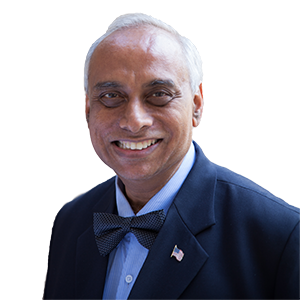
Debashis Aikat
Dr. Aikat theorizes about the evolving roles of media and journalism in the digital age.
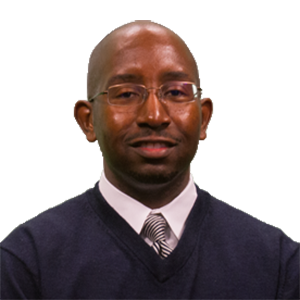
Spencer Barnes
Dr. Barnes' research employs cognitive engineering and quantitative research methodologies to study the design and efficacy of dynamic visual communication products such as visual explanations, motion graphics and data visualizations.
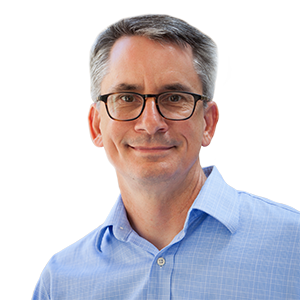
Andy Bechtel
Professor Bechtel teaches editing for print and digital media. He's interested in headline writing, social media and alternative story forms.
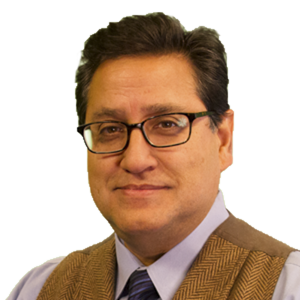
Paul Cuadros
Professor Cuadros’ reporting and writing focuses on issues of race, poverty, and immigration as it relates to demographic change and its impact on America.
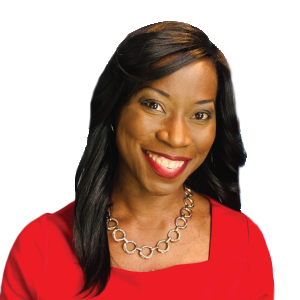
Shelvia Dancy
Professor Dancy has worked as a print, radio, multimedia and broadcast journalist across the U.S. She has been a contributor to CNN, The Discovery Channel and the Oxygen Network.
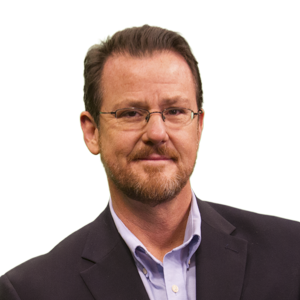
Patrick Davison
Professor Davison has been teaching photo, video and documentary multimedia storytelling in the school since 2001. He is the founder of the Carolina Photojournalism Workshop.
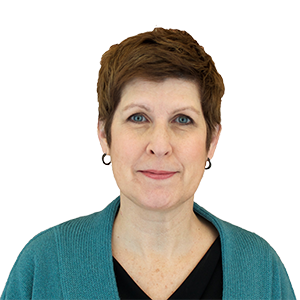
Barbara Friedman
Dr. Friedman's research focuses on media representations of sex trafficking and, more broadly, on constructions and contestations of race, gender and class.
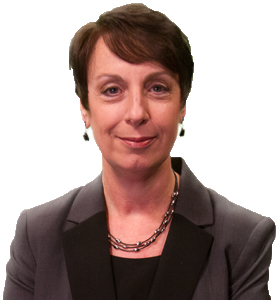
Rhonda Gibson
Dr. Gibson's most recent research focuses on media portrayals of sexual minorities and the influence of these portrayals on both individual perceptions and public conversations.
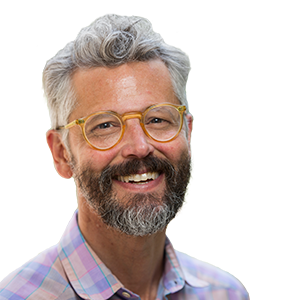
Scott Geier
Professor Geier's areas of interest include front-end web development, data visualization, augmented reality, photogrammetry and generative art.
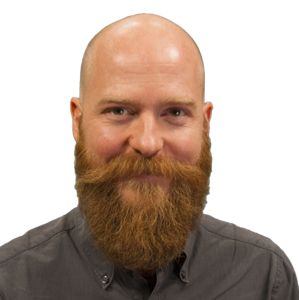
Chad Heartwood
Professor Heartwood’s primary areas of expertise are documentary video storytelling and photojournalism for an array of media platforms.
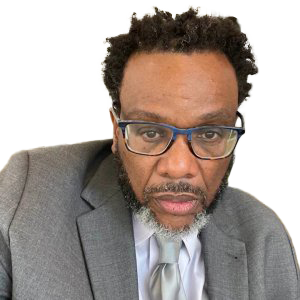
Carl William Kenney
Professor Kenney is editor-in-chief of Durham Voice and co-producer of God of the "Oppressed," an upcoming documentary film.
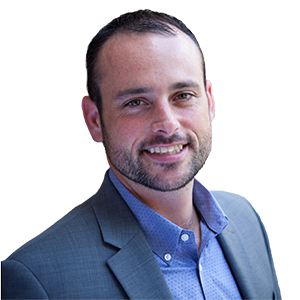
Steven King
Professor King is a professor of emerging technologies, teaching and helping media companies leverage virtual reality, augmented reality and artificial intelligence.
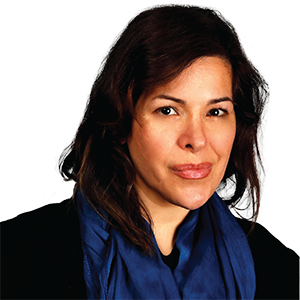
Nazanin Knudsen
Professor Knudsen is an Iranian-American educator, writer, and filmmaker. Her professional experience is informed by years of hands-on work developing and executing ideas for documentaries, short films, and corporate videos.
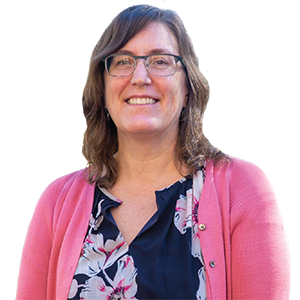
Michelle LaRoche
Professor LaRoche's teaching focus is on covering business, finance and economics — and how an understanding of business can improve coverage of other topics like education, entertainment and sports.
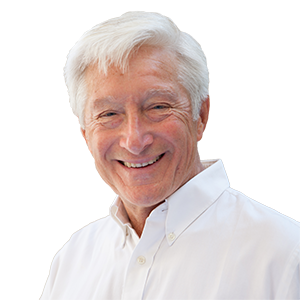
Tom Linden
Dr. Linden’s focus is on reporting on environmental, science and medical stories for public consumption.
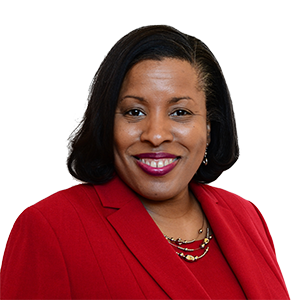
Trevy McDonald
Dr. McDonald’s creative work and research uses oral history to produce documentaries and books on the Civil Rights Movement through the lens of Black journalists.
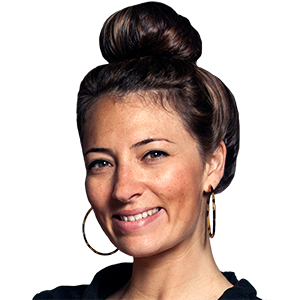
Erin Siegal McIntyre
Professor McIntyre is an award-winning investigative journalist and photographer. Her work has appeared in The New York Times, Time, Newsweek, Rolling Stone and Reuters, among many other publications.
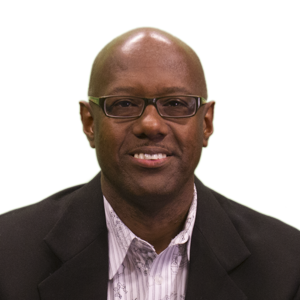
Terence Oliver
Professor Oliver is an award-winning motion graphics producer who teaches information graphics, magazine design, graphic design and motion graphics. He created and taught the first motion graphics courses in journalism in the United States.
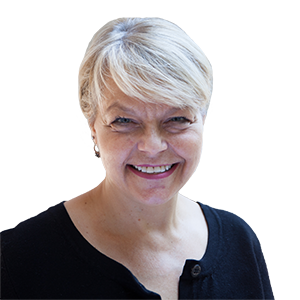
Laura Ruel
Professor Ruel teaches design, user experience and interactive media in the school’s graduate and undergraduate journalism programs.
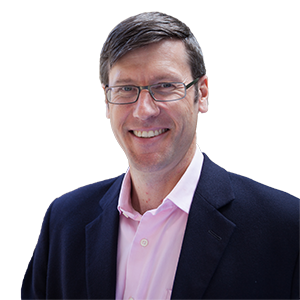
Ryan Thornburg
Professor Thornburg teaches data-driven reporting and is director of the Reese News Lab. He develops tools to help reporters use data to lower the costs of accountability and explanatory journalism.
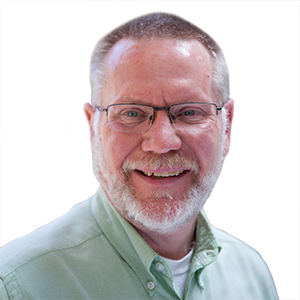
Charlie Tuggle
Dr. Tuggle studies media coverage of the Olympics, particularly of female athletes who participate in the Games.
Strategic Communication
Our new, one-year program of study in Strategic Communication launching in 2024 prepares you for advertising, marketing communication and public relations positions in agencies, corporations, nonprofit organizations and government. Students complete 33 total credit hours over 12 months, completing courses over the fall and spring semesters semesters and focusing on a practicum and capstone project in the summer.
Fall
- Insights and Analytics
- Strategic Communication Writing
- Digital Content Creation
- Personal Branding and Professional Development (1.5 credit hours)
- Elective (numbered 400-900)
Spring
- Campaigns and Clients
- Management and Case Studies
- Professional Speaker and Networking Series (1.5 credit hours)
- Elective (numbered 400-900)
- Elective (numbered 400-900)
Summer Session I
- Project Practicum
Summer Session II
- Capstone project
Students will also complete an oral comprehensive exam during the capstone project defense.
For course descriptions (not yet available for new courses), please visit the UNC-Chapel Hill course catalog. For Hussman course syllabi, please visit the Park Library’s syllabus archive.
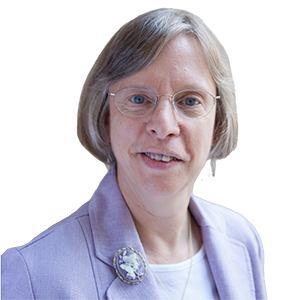
Lois Boynton
Dr. Boynton’s research focuses on ethical decision-making by public relations and media practitioners, professionalism and agenda building, particularly related to nonprofits.
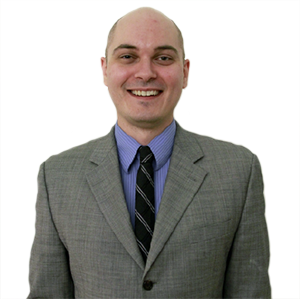
Lightning Czabovsky
Dr. Czabovsky's research and creative work focuses on diversifying public relations by better appreciating the differences among publics and how this diversity should lead to better ways to build relationships with publics and stakeholders.
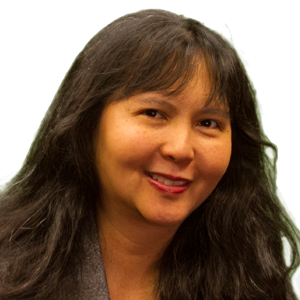
Nori Comello
Dr. Comello's research focuses on developing and testing messages to promote health and other prosocial issues, guided by theories relating to identity and self-concept.
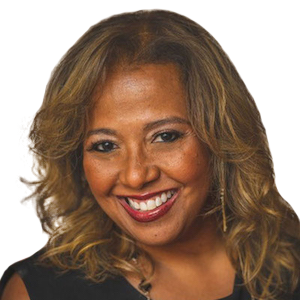
Julie Dixon
Professor Dixon has more than 30 years of experience in crisis communications, social media relations, sports marketing, integrated marketing, entertainment/celebrity public relations, corporate communications, internal communications, and diversity and inclusion recruitment.
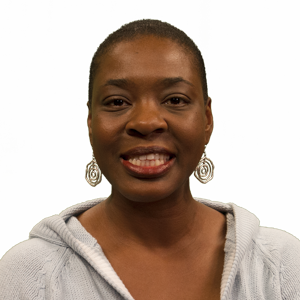
Valerie Fields
Dr. Fields teaches public relations and crisis communication. She has worked in public relations for some of the world’s most well-known organizations.
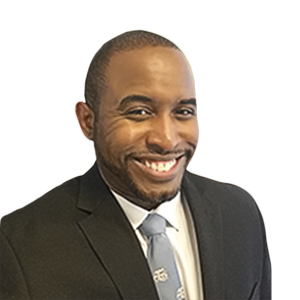
Livis Freeman
Professor Freeman teaches courses in public relations campaigns and case studies. He started the public and community relations company 4ourFans, Inc. to help professional athletes in their work with charities.
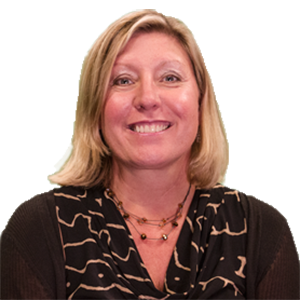
Heidi Hennink-Kaminski
Dr. Hennink-Kaminski’s research uses the social marketing approach to develop interventions and campaigns to drive behavior change in areas such as childhood obesity and clinical trial participation.
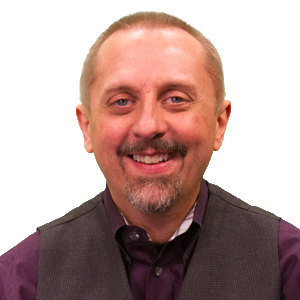
Joe Bob Hester
Dr. Hester's research focuses on methodological issues, particularly the use of computational research methods, in areas such as sampling, agenda setting and social media.
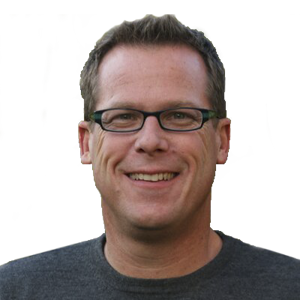
Gary Kayye
Professor Kayye teaches courses in advertising and new media technologies. He has worked in technology branding and marketing for more than 25 years and is president and CEO of rAVe [Publications].
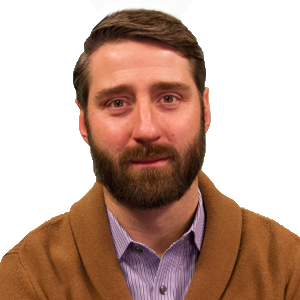
Daniel Kreiss
Dr. Kreiss’s research analyzes the effects of technologies on electoral politics, political thought and American democracy.
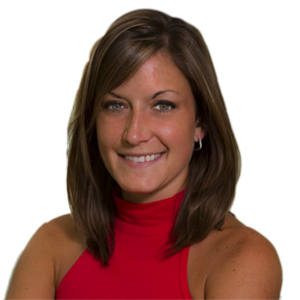
Allison Lazard
Dr. Lazard's research revolves around a core interest in how visual and interactive design influences perception and impact of strategic health and science messages.
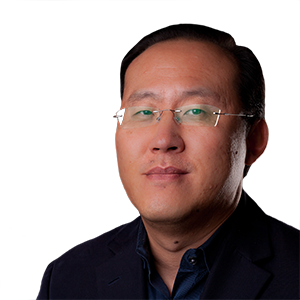
Suman Lee
Dr. Lee teaches and conducts research on international public relations, public diplomacy, public relations theory, and international communication.
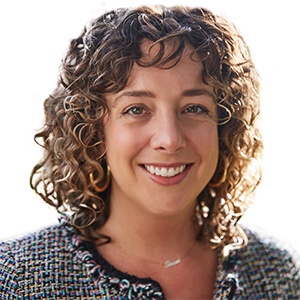
Shannon McGregor
Dr. McGregor’s research addresses the role of social media and their data in political processes, with a focus on political communication, journalism, public opinion and gender.
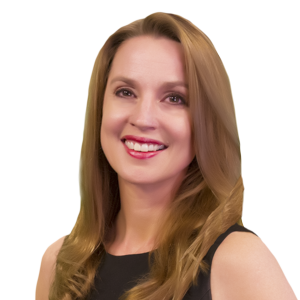
Dana McMahan
Professor McMahan teaches advertising courses in creative, art direction and experimental design. She also runs her own fashion and lifestyle company.
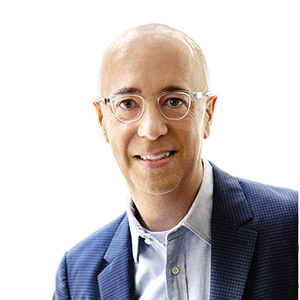
Peter Sherman
Professor Sherman is the former executive vice president at Omnicom Group, one of the world’s largest marketing service companies, where he drove marketing innovation and integration.
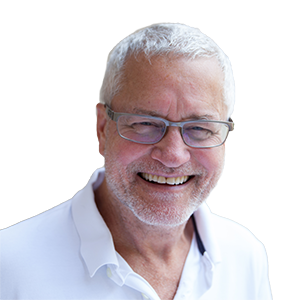
John Sweeney
Professor Sweeney teaches courses in advertising and sports communication. His creative activity currently centers on the future of sports and media.
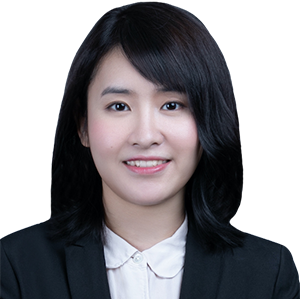
Xinyan (Eva) Zhao
Dr. Zhao’s research focuses on the roles of social media and social networks in crisis, risk and health communication using computational and quantitative methods.
Theory and Research
This program of study is designed for students interested in pursuing doctoral degrees and careers in academia, or for students interested in non-academic research positions. Over two academic years, students complete 39 credit hours, consisting of four courses in each of the first three semesters and a research thesis in the fourth semester. They explore topics within the five areas of substantive study that comprise our doctoral program. Many of our master’s graduates apply to our Ph.D. program to continue their study here.
Theory and Research students in the J.D./M.A. dual-degree program follow a specialized plan that allows them to complete our requirements and those of the UNC School of Law in about four years, depending on their individual programs of study and progress.
Substantive areas of study
- Media processes and production
- Legal and regulatory issues in communication
- Media uses and effects
- Health communication
- Political, social and strategic communication
Core
- MEJO 703: Mass Communication Research Methods
- MEJO 705: Theories of Mass Communication
- MEJO 740: Media Law
- MEJO 900: Independent Study
Other courses
- Three foundation courses appropriate to the student’s research emphasis
- Six courses, including a MEJO methods course and at least two outside the school, defining the specific focus of the student’s program
Thesis
Comprehensive research paper completed and defended in final semester, in consultation with a faculty member and thesis committee
Students also complete a comprehensive exam during the fourth semester.
For course descriptions, please visit the UNC-Chapel Hill course catalog. For Hussman course syllabi, please visit the Park Library’s syllabus archive.
For more information on our areas of study for Theory and Research, including faculty members specializing in each area, please see our Ph.D. curriculum page.